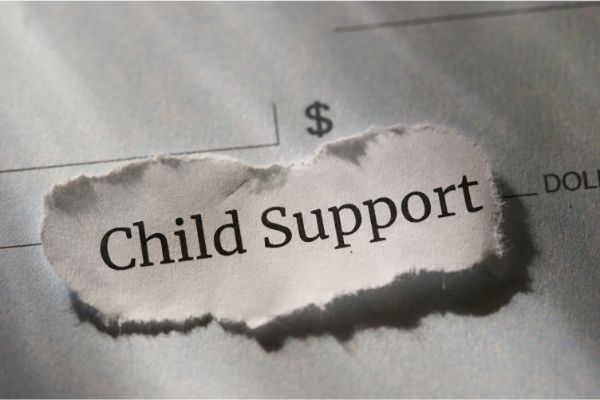Divorce is fraught with sensitive issues. One of the most delicate involves the parenthood of children whose parents are divorcing. If you are thinking of ending your marriage – and you have kids — understanding California’s paternity laws is a must.
Why Paternity Matters
A child’s parentage affects child support, custody, and visitation. In some cases, courts will not sign orders related to a child when paternity is in question. Unless a person is legally established as the father or mother, that person has no rights or responsibilities regarding the child.
Confirming parentage is also important because children have the right to:
- Financial support from mom and dad,
- Legal documents that identify both parents,
- An accurate birth certificate listing both mom and dad,
- Insurance coverage,
- Inherit from their parents, and
- Receive social security, veteran’s benefits, and other government benefits based on their parents.
From an emotional standpoint, most people want to know who their father and mother are. Legally speaking, parentage makes a difference also.
When Courts Get Involved
Generally, children born during a marriage are assumed to be the husband and wife’s biological children. Family court judges usually establish parentage automatically.
However, fathers of children who are not married to the mother when the child was born must legally establish their paternity. Other situations where a man might establish parentage include:
- The child was conceived while the father was trying to marry the mother or thought he was married to her.
- The man agreed to serve as the father on the birth certificate or agreed to provide financial support to the child.
- The man acted as if the child were his own, even though the child is not biologically his.
Family courts may be involved in any case where questions about a child’s paternity exist. For example, a married man who doesn’t believe he is the father of his wife’s child might ask for a determination in order to avoid responsibilities for someone else’s child.
What the Law Says
Some sections of the California Family Code specifically address the parent-child relationship. Frankly, most if not all of the laws related to parents apply to our topic. Before laws related to the rights and responsibilities of a parent take effect, parentage must be established.
We Can Help Decipher California Paternity Laws for You
The attorneys at the Law Offices of Judy L. Burger are experienced at all phases of divorce, legal separation, and annulment. Call us at 415-293-8314 to schedule a private appointment or visit our website. We assist clients in California’s Northern to Southern Coast, including San Francisco, Beverly Hills, Gold River, San Diego, Santa Barbara, Ventura/Oxnard, and surrounding communities.











